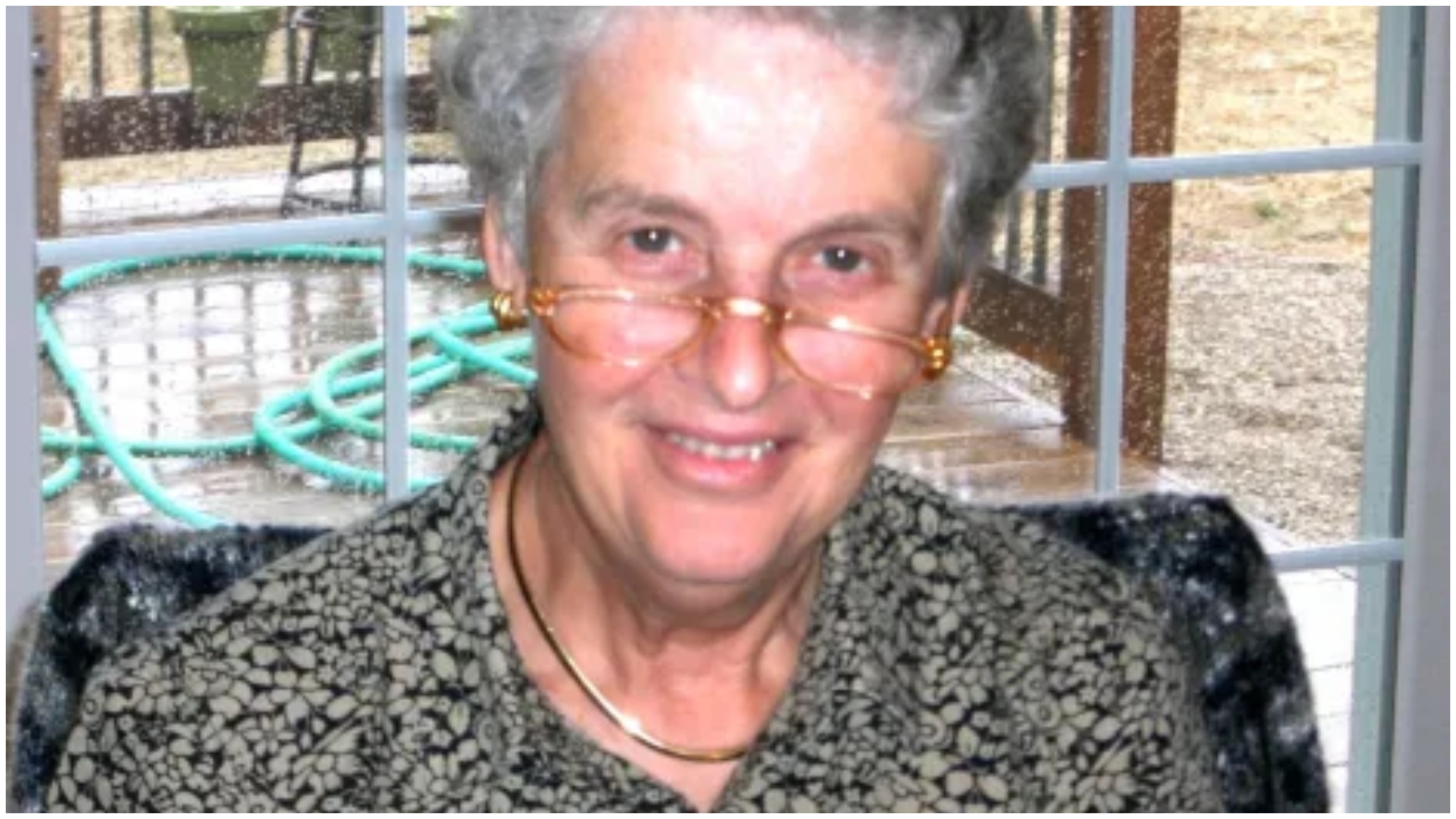Gertrude Theresa Hodges, the first African American to graduate from the prestigious Johns Hopkins School of Nursing, has passed away at the age of 98. Hodges’ legacy is one of determination, inspiration, and a profound impact on the nursing field. She passed away peacefully at her home in East Baltimore on March 28, leaving behind a remarkable legacy that continues to inspire countless healthcare professionals.
A Pioneer in Nursing Education
Gertrude Hodges made history in 1959 when she became the first Black graduate of Johns Hopkins School of Nursing. Her achievement was groundbreaking, especially at a time when racial barriers were prominent in many institutions across the United States. Hodges faced significant challenges as an African American woman in a predominantly white field, yet she persevered and set a powerful example for future generations of nurses.
Throughout her career, she dedicated herself to improving healthcare for underserved communities, working tirelessly to ensure quality care for all. Her contributions have had a lasting impact, not just at Johns Hopkins, but within the larger healthcare system. She also mentored many students, particularly those from minority backgrounds, ensuring that her legacy would continue to thrive.
A Legacy of Mentorship and Service
Hodges wasn’t only a pioneer in nursing education; she was a devoted mentor. After graduating from Johns Hopkins, she spent decades teaching, mentoring, and providing healthcare services. Her passion for helping others led her to work with students in the Baltimore area, encouraging them to pursue careers in nursing.
In recognition of her influence, the Black Student Nurses Association at Johns Hopkins established a scholarship in her honor. This scholarship continues to support nursing students from underrepresented communities, ensuring that Hodges’ legacy lives on. Her work as an educator left a lasting imprint on her students, many of whom went on to become leaders in the nursing field themselves.
Impact on the Baltimore Community
Gertrude Hodges’ commitment to healthcare extended far beyond the classroom. She spent much of her career in Baltimore, providing care and improving the health outcomes of underserved populations. Her ability to connect with patients and her deep understanding of their needs earned her the respect of colleagues and patients alike.
As a trailblazer, Hodges played a key role in diversifying the nursing profession. She helped break down racial and social barriers, ensuring that future generations of nurses could work in environments that valued diversity and inclusion. Through her leadership and service, she set an example of dedication, excellence, and compassion.
Remembering Gertrude Hodges
Though Gertrude Hodges has passed, her legacy remains strong. Her contributions to nursing, education, and the Baltimore community are still felt today. In her honor, Johns Hopkins continues to support the scholarship that bears her name, and her story serves as a beacon of inspiration to all those who seek to follow in her footsteps.
Her passing marks the end of an era, but her legacy of pioneering achievement, mentorship, and service will continue to guide future generations. Gertrude Hodges was more than just a trailblazer in the nursing profession; she was a beacon of hope and an embodiment of the power of perseverance and commitment to social change.





